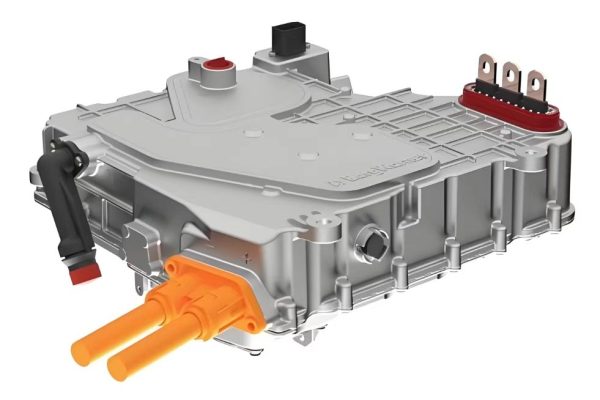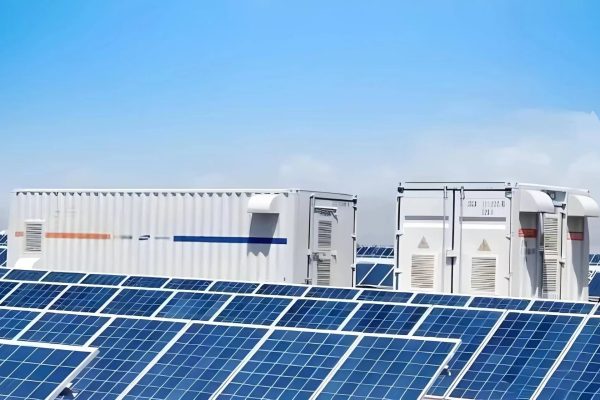Why Small Batch Orders Matter
In global trade, not every buyer begins with large container shipments. Many international clients, especially new distributors, pilot projects, or emerging market entrants, prefer to start with small batch orders. For energy storage system (ESS) exporters, handling these orders effectively is key to building trust, testing market demand, and creating long-term partnerships.
This article highlights the most important points exporters should consider when managing small batch orders, ensuring smooth transactions and future business growth.
1. Understand Buyer Motivation
- Market Testing: Buyers use small orders to gauge product performance and customer acceptance.
- Risk Management: Small batches reduce upfront investment and minimize financial exposure.
- Proof of Partnership: A trial order helps buyers evaluate supplier reliability before scaling.
Exporter Tip: Treat small batch orders as an entry point to bigger contracts, not as low-value deals.
2. Pricing Strategy for Small Batches
- Avoid Overpricing: Excessively high unit prices discourage buyers from future orders.
- Transparent Cost Explanation: Clarify why unit costs may differ from bulk shipments.
- Incentives for Larger Orders: Offer discounts, credits, or rebates once batch sizes increase.
Exporter Tip: Show flexibility while signaling that better terms come with scale.
3. Logistics and Packaging Considerations
- Flexible Packaging: Adapt packaging for smaller shipments without compromising safety.
- Shipping Options: Offer air freight, LCL (less-than-container load), or courier services for speed and cost balance.
- Clear Documentation: Even small orders require complete compliance documents (certificates, invoices, MSDS, etc.).
Exporter Tip: Efficient handling of small orders signals professionalism and readiness for larger volumes.
4. Compliance and Certification
- Do Not Skip Certification: Even small orders require CE, UL, PSE, or other market-specific approvals.
- Buyer Perception: Offering uncertified products in small batches risks reputational damage.
- Consistency Matters: Small batch or large, the compliance level must remain the same.
Exporter Tip: Use small orders to educate buyers about certifications and build confidence.
5. Communication and After-Sales Support
- Set Expectations Clearly: Define lead times, warranty conditions, and technical support.
- Offer Training Materials: Even for small orders, provide installation guides and FAQs.
- Feedback Loop: Encourage buyers to share feedback, helping refine product positioning in their market.
Exporter Tip: Strong support on small orders creates loyal buyers who return with larger commitments.
6. Payment Terms for Small Batches
- Advance Payment or Escrow: Common for first-time buyers to reduce risk.
- Gradual Flexibility: As trust grows, offer more favorable terms.
- Document Everything: Small orders can still face disputes—protect both sides with clear agreements.
Exporter Tip: Small batch orders are often relationship-building exercises, so manage financial terms carefully.
7. Scaling from Small Orders to Larger Deals
- Track Buyer Performance: On-time payments and smooth communication indicate readiness for bigger orders.
- Offer Upgrade Paths: Provide pricing structures that encourage scaling.
- Highlight Case Studies: Show how other buyers grew from pilot orders to large projects.
Exporter Tip: Position yourself as a partner in growth, not just a one-time supplier.
Turning Small Batches into Big Opportunities
Small batch orders are often the first step toward long-term cooperation. By handling them with professionalism—through fair pricing, full compliance, reliable logistics, and excellent support—exporters can convert trial shipments into steady, large-scale business. In global ESS trade, every small order is a strategic investment in future partnerships.








